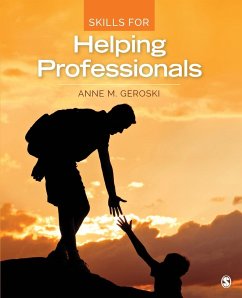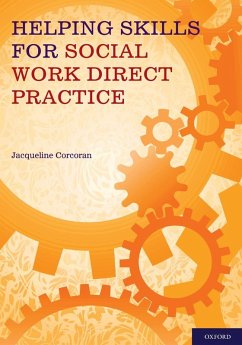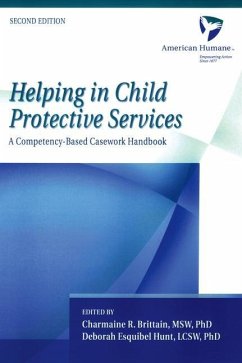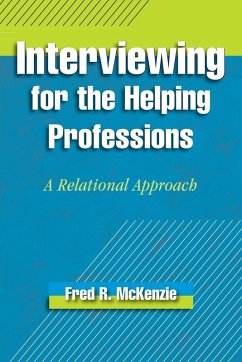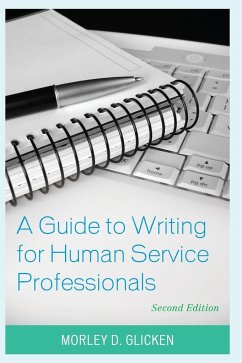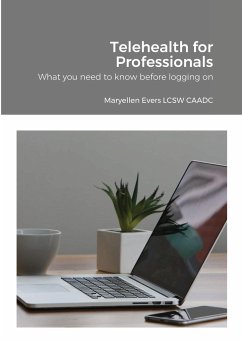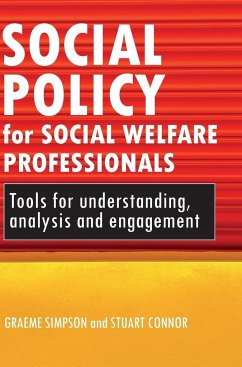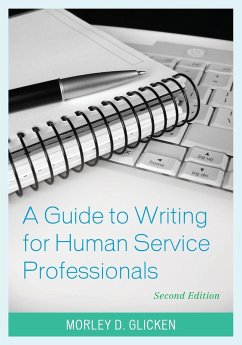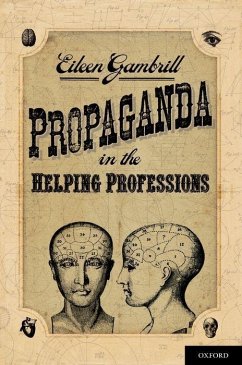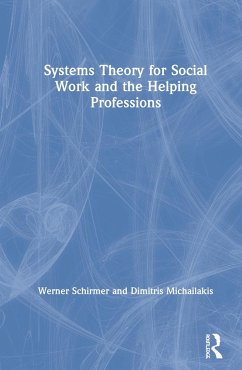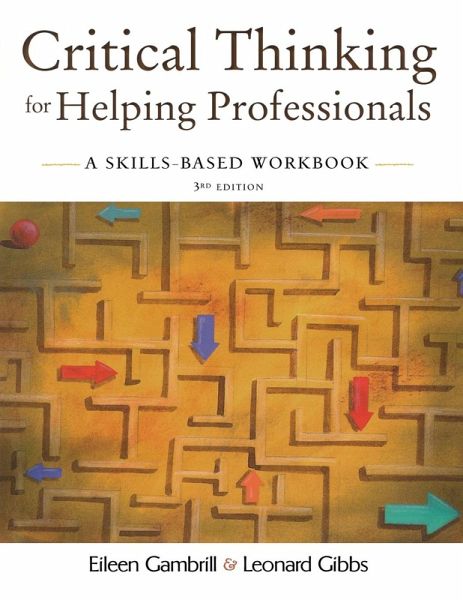
Critical Thinking for Helping Professionals
A Skills-Based Workbook

PAYBACK Punkte
31 °P sammeln!
Though social work professionals and educators mostly now agree on the importance of evidence-based work and have always valued critical thinking skills, the best way to develop them in students is not obvious or easy to put into use. Gibbs and Gambrill have shown one effective way, and in this new edition they develop it even further with their broad array of engaging and educational exercises.
Critical thinking values, knowledge, and skills are integral to evidence-based practice in the helping professions. Practitioners must be able to think clearly, on a daily basis, about decisions that may change their clients' lives. Critical Thinking for Helping Professionals, 3rd Edition, is designed to engage readers as active participants in honing their critical thinking skills, mastering a coherent decision-making process, and integrating the evidence-based practice process into their work with clients.




